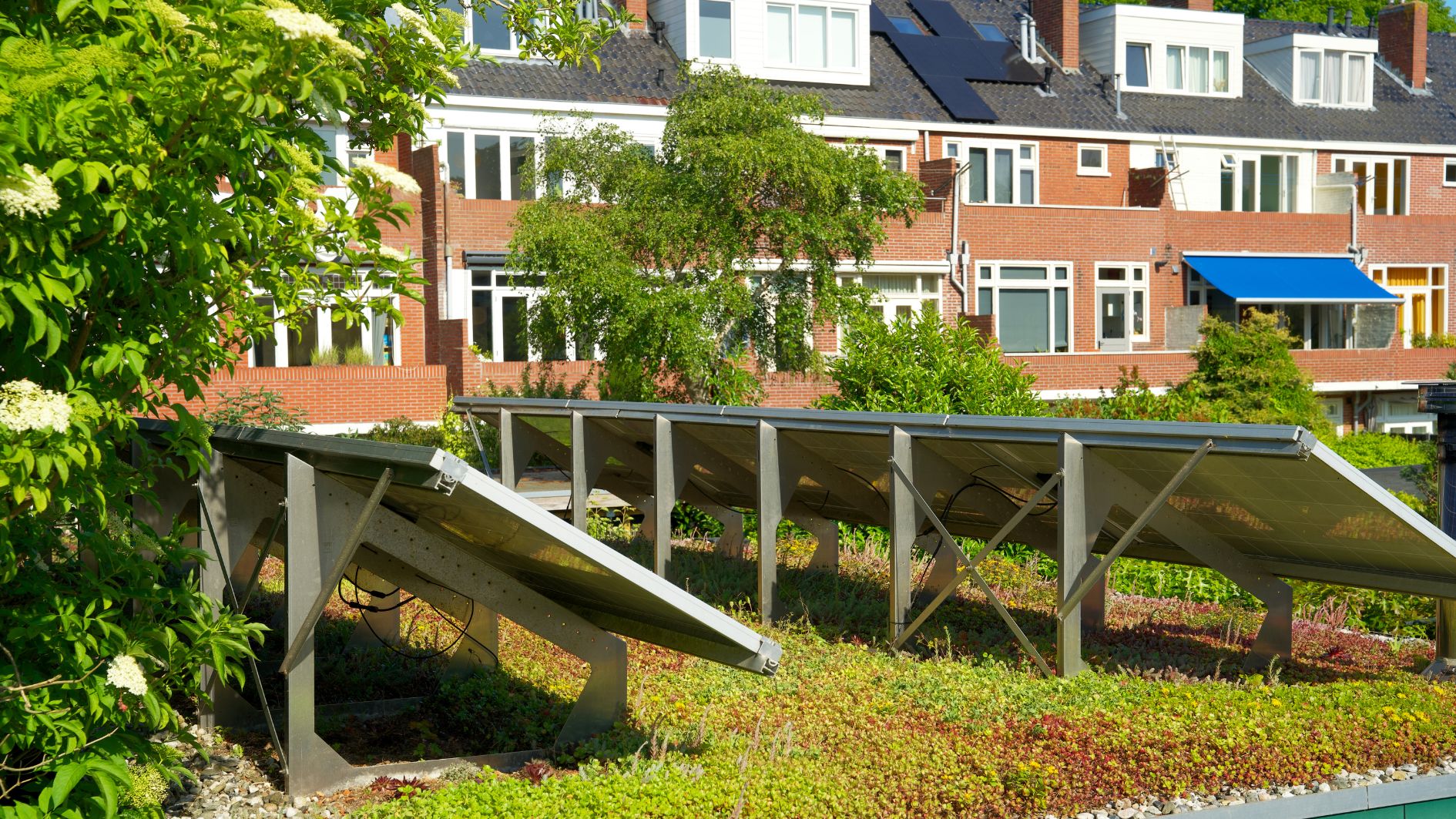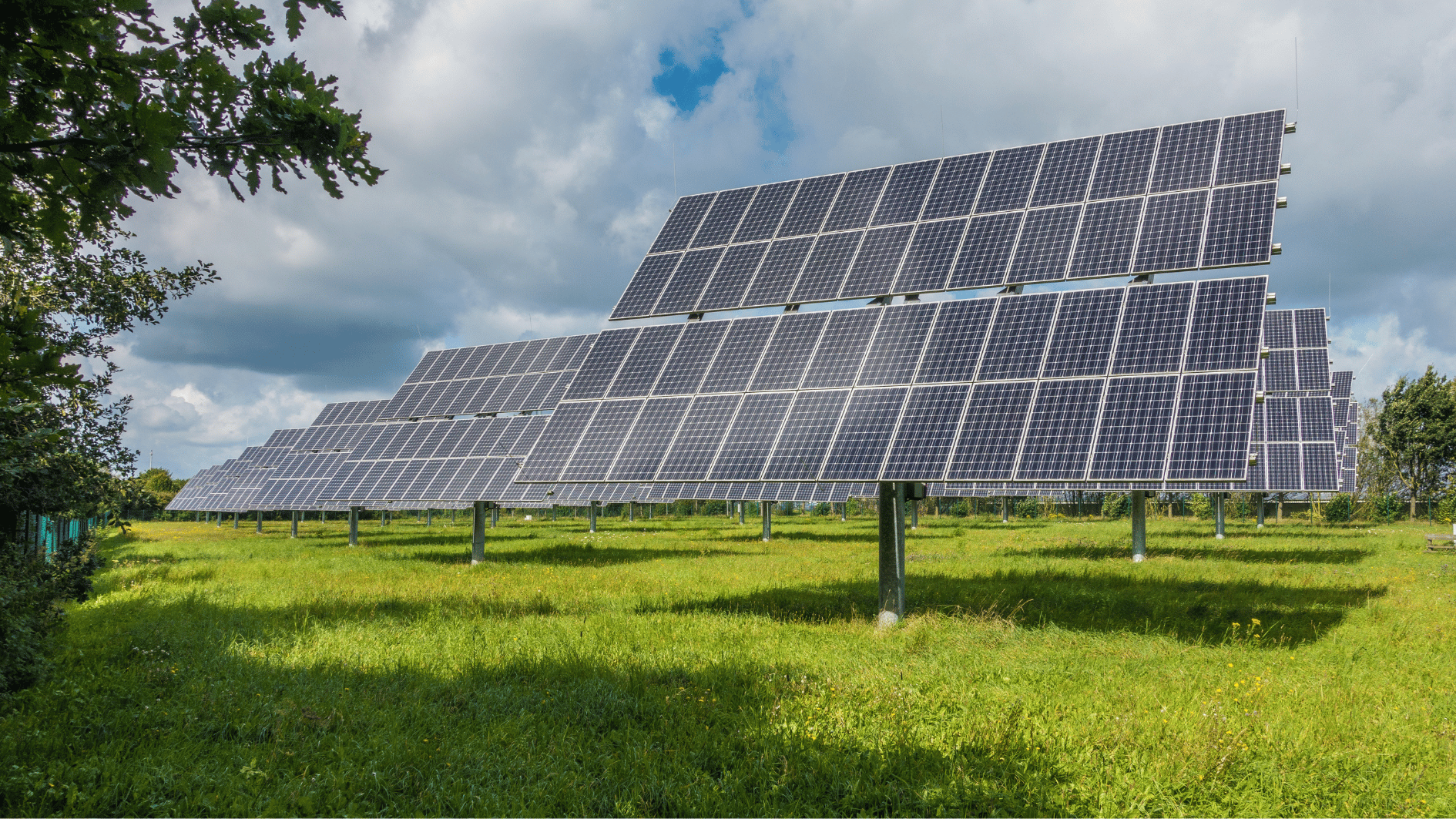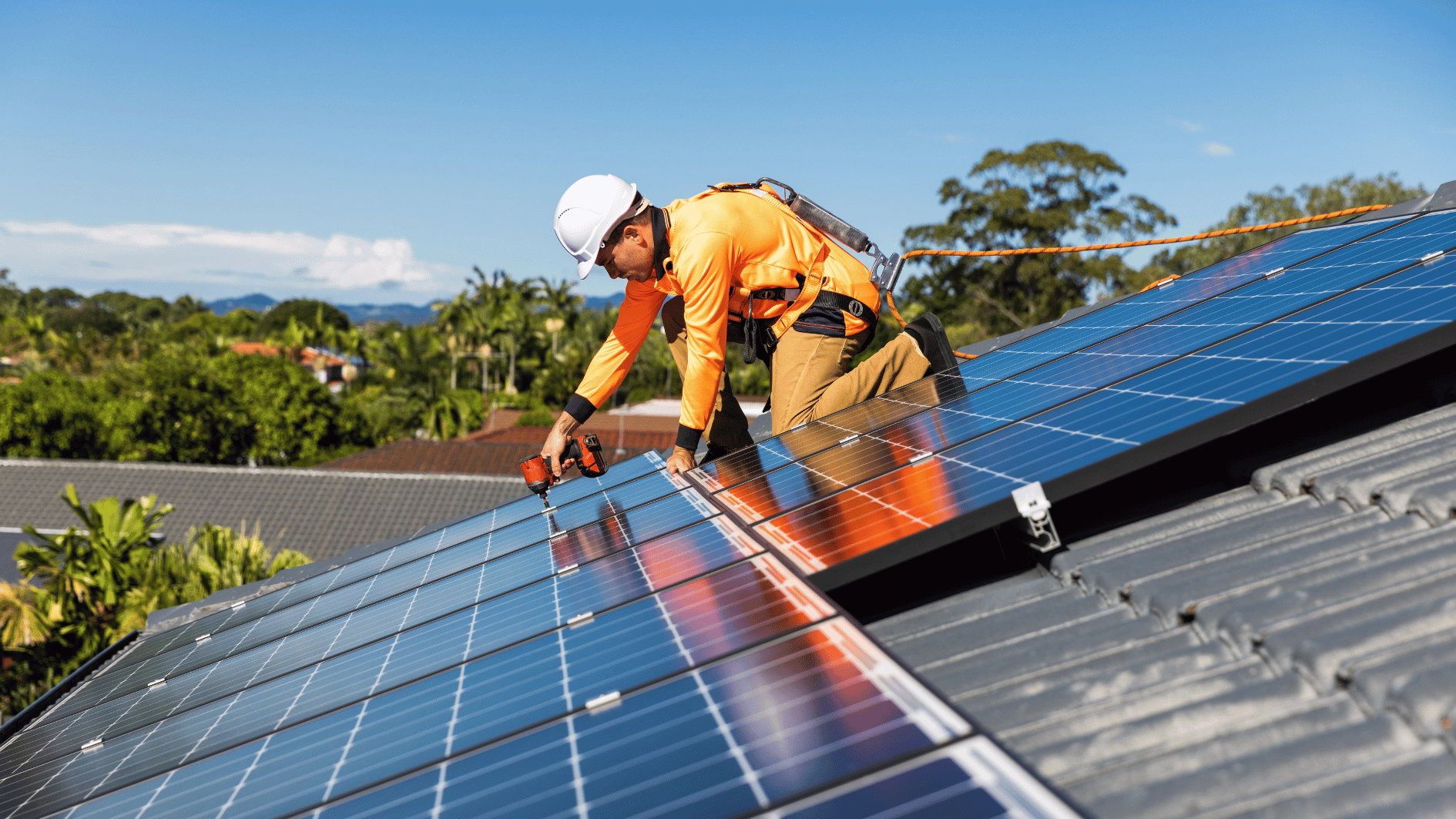Image source: Canva.com
More than seven years after regulators in New Hampshire approved the concept of community solar to offer savings to low-income households, the first group of participants is poised to see electric bill discounts. The state’s energy department is reviewing seven proposals for community solar projects, which will allocate a portion of their grid-generated credits to low-income households. These households, identified through their utility’s discounted rate programs, will be automatically enrolled.
Community solar is recognized as a key approach to extending the benefits of renewable energy to households that can’t install rooftop solar. According to Kate Daniel of the Coalition for Community Solar Access, around two-thirds of households nationwide are unable to install panels due to factors like renting, roof conditions, or financial limitations—challenges often more pronounced for low-income families. By allowing these households to buy renewable energy, community solar helps them save money and support climate action. Research by the Lawrence Berkeley National Laboratory has shown that community solar adopters tend to have lower incomes and are more likely to live in multifamily homes than those with rooftop solar.
New Hampshire’s rollout is significant as the state lags behind its northeastern neighbors, such as Massachusetts and New York, in directing solar benefits to disadvantaged groups. A federal report from the National Renewable Energy Laboratory recently identified New Hampshire as the state with the smallest share of its solar production going to disadvantaged households.
The push for this program began in 2017 when utilities were first directed to develop a community solar initiative for low-income households. However, progress stalled due to legislative and administrative delays. A 2019 bill increased net metering rates for projects serving low-income customers, causing the state to temporarily suspend the original requirement. Further delays occurred as the state finalized eligibility rules and worked through legislative changes. In 2022, a new bill set annual capacity goals for community solar projects, mandating that at least 25% of generated credits go to low- or moderate-income customers.

What is Community Solar?
The program officially opened for proposals in December 2023, with a cap of six megawatts per year. If the total project capacity exceeds this limit, priority will be given to those offering greater benefits for low-income households. The state expects to finalize the program details soon, with a commitment to streamlining the process going forward.
Advocates see potential in the program’s approach of working with utilities to automatically enroll qualified households, streamlining the process for developers. However, some uncertainties remain, such as whether the program will reach all eligible low-income households and if it will generate significant savings for participants. There are suggestions to broaden enrollment criteria to include households in other assistance programs like Medicaid or SNAP, or to allow self-attestation of income.
Despite these concerns, the program’s annual review process is viewed as a strength, ensuring continuous evaluation and improvement. How effectively it delivers on its goal of providing meaningful financial relief to low-income households in New Hampshire remains to be seen.
Source: Renewable Energy World





